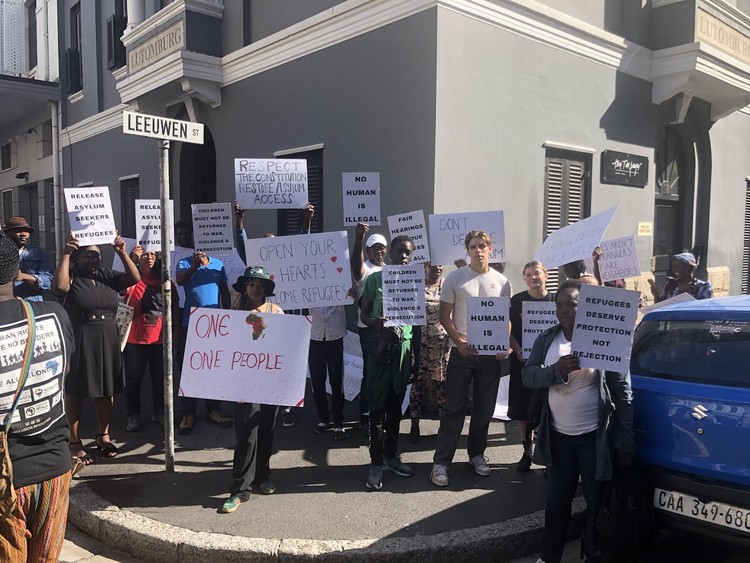World Law Congress: Morocco highlights its legal model and autonomy plan
Moroccan jurists took an active part in the 29th edition of the World Law Congress, held from May 4 to 6, 2025 in Santo Domingo, Dominican Republic.
This global event, organized by the World Jurist Association (WJA) and the World Law Foundation (WLF), brought together over 300 speakers from 70 countries on the theme of “New generations and the rule of law: shaping the future”.
The opening ceremony, hosted by the Autonomous University of Santo Domingo, was attended by Dominican Vice-President Raquel Peña.
She highlighted the role of youth and technology in widening access to justice.
Javier Cremades, President of the WJA, warned of the dangers threatening global democracy, while Iván Duque, former President of Colombia, praised the Dominican example of constitutional reform and denounced the increasing politicization of justice.
Several figures from the legal world also took part in the opening, including Pablo Ulloa (Ombudsman of the Dominican Republic), José Alejandro Aybar (Chancellor of UNICARIBE) and Napoleón Estévez Lavandier (President of the Constitutional Court).
The Moroccan delegation, which included four renowned jurists, highlighted Morocco’s advances in human rights, advanced regionalization and territorial governance, particularly in the southern provinces.
Zaina Chahim, lawyer and Chairwoman of the Finance and Economic Development Commission, spoke on a panel dedicated to human dignity, where she framed her remarks around the link between inclusive development and territorial integrity, illustrating her point with the New Development Model for the Southern Provinces launched in 2015.
She highlighted the involvement of Saharan women in national and local institutions, as well as their role in promoting human rights through the regional commissions of the National Council for Human Rights (CNDH) in Laâyoune and Dakhla.
Zakaria Abouddahab, Professor of International Relations at Mohammed V University in Rabat, spoke about constitutional transitions in Arab countries.
He pointed out that the Moroccan Autonomy Plan, presented to the United Nations in 2007, is a response that complies with international law, notably by drawing on the principles of the United Nations Charter and the International Court of Justice.
He stressed that this initiative reflects a form of internal self-determination based on democratic participation and local governance.
Hamid Aboulass, Professor of Constitutional Law at the Faculty of Law, Abdelmalek Essaadi University, Tangiers, focused on advanced regionalization, defining it as a pillar of territorial democracy in Morocco. He highlighted the gradual transfer of powers to local authorities, direct electoral participation and democratic control mechanisms.
He also presented the Autonomy Plan as an extension of this model in a particular geopolitical context.
Finally, Abdelaziz Laaroussi, Professor of Public Law and Vice-Dean at the same university, spoke on the theme of human dignity in times of democratic threats.

He presented the African approach to dignity based on community values, and illustrated the Moroccan experience through post-2011 legal reforms and public policies in the southern provinces.
He highlighted the work of the CNDH’s regional commissions and the integrated social policies that concretely guarantee the right to dignity.
The congress concluded on May 6 with a ceremony presided over by Dominican President Luis Abinader and King Felipe VI of Spain.
On this occasion, the 2025 World Prize for Peace and Freedom was awarded to U.S. Supreme Court Justice Sonia Sotomayor.
Through their outstanding participation, Moroccan jurists not only promoted the Kingdom’s vision of human rights and territorial development, but also reaffirmed the relevance of the Moroccan Autonomy Plan as a realistic, sustainable solution in line with international standards to the artificial dispute over the Moroccan Sahara.









